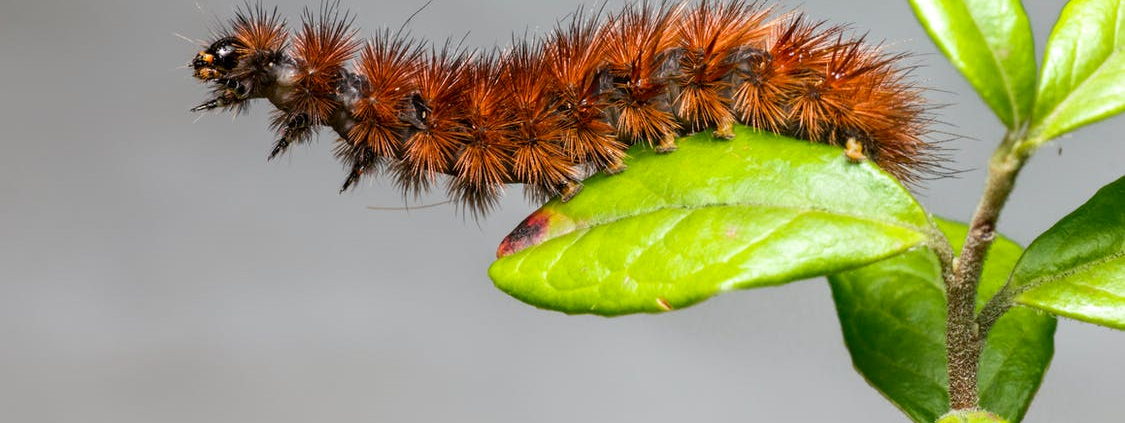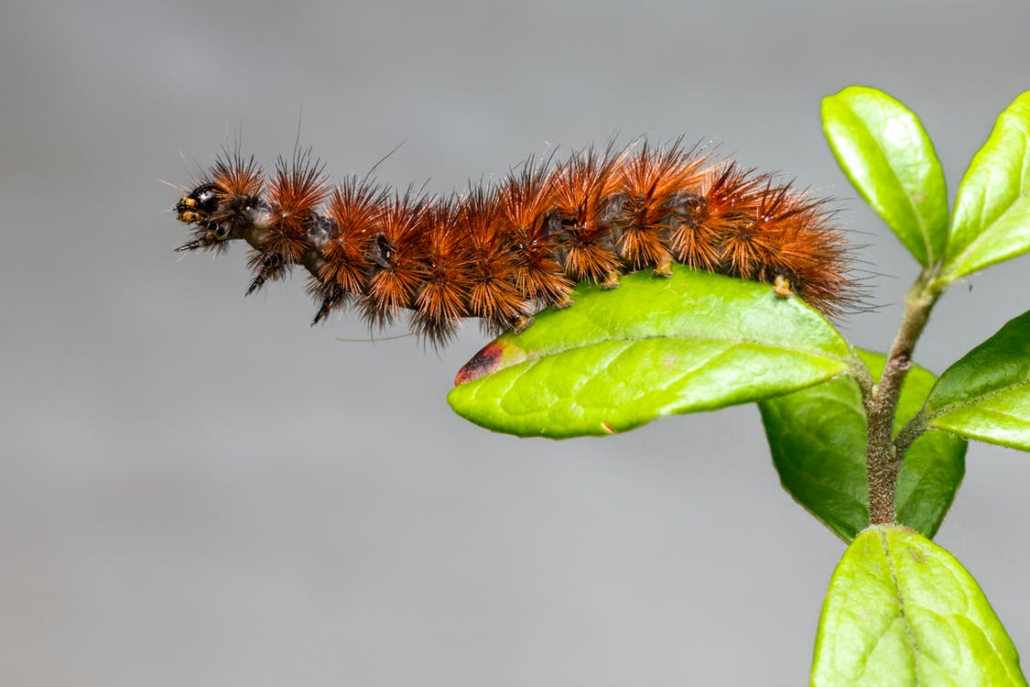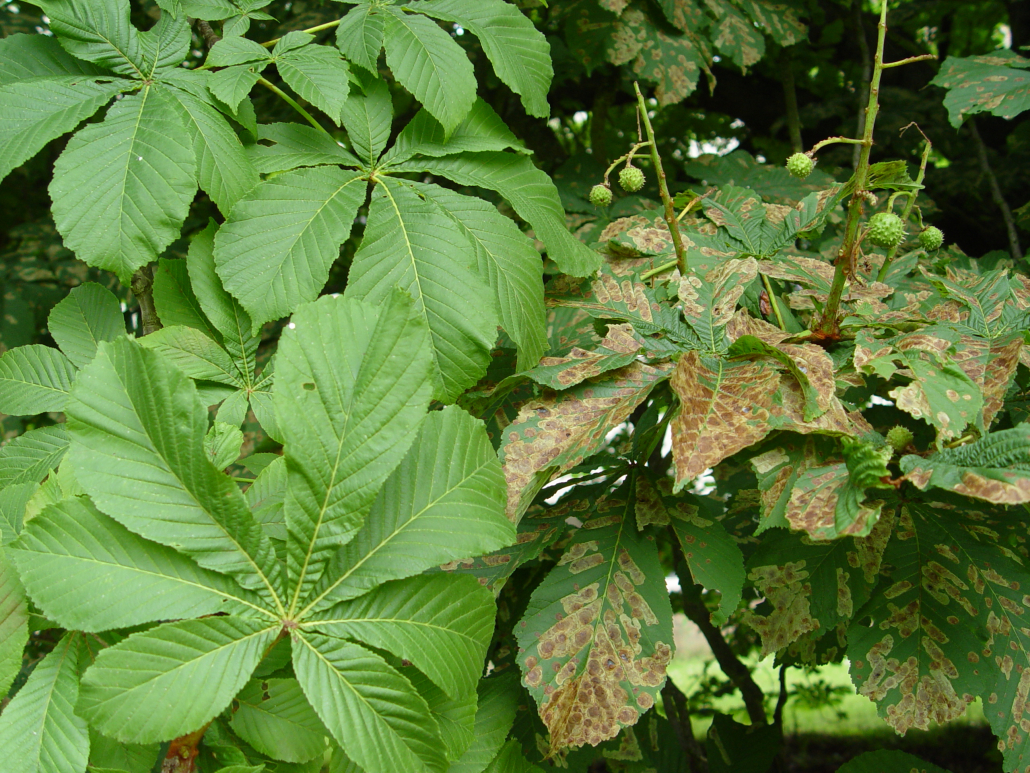Keeping garden bugs at bay
Keeping garden bugs at bay: Green fingered homeowners falling victim to destructive garden bugs are being given advice on how to keep them away.
The team of outdoor experts at GardenBuildingsDirect.co.uk have provided some cheap and easy solutions on how to tackle these bugs.

Keeping garden bugs at bay
As the sun starts to come out, Brits are making the most of their outdoor space and making them look as beautiful as possible.
Unfortunately, the likes of moths, slugs and snails also come out in the sun and can do a lot of damage to gardens.
A spokesperson for GardenBuildingsDirect.co.uk said: “It is inevitable that garden bugs will cause a bit of disruption, whether you’re out relaxing, planting your own veg or growing your own garden.
“This guide is full of some of the most destructive garden bugs and the top tips to help keep these at bay, so the outdoors can be stress-free.”
Slugs and Snails
Slugs and snails are some of the most common yet destructive garden pests. Not only do they leave a sticky trail behind them, but they also love to munch through leaves and vegetables. This can be particularly problematic on vegetable patches if you are growing plants like lettuce and cabbage.
Salt has always been a fool proof way of killing slugs and snails, but if you want to stop them in their tracks, copper tape acts as a great deterrent, giving them electric shocks.
Caterpillars
Caterpillars love to nibble their way through fruits, vegetables, and plants. They are also detrimental to some flowers too, with the buds and seeds often all destroyed.
One of the most natural and inexpensive ways to rid your plants of these pesky bugs, is to spray them with hot soapy water. This can then be poured into a spray bottle and used as many times as necessary.
Moths
This type of garden bug can be especially damaging in the summer months. They love cotton and wool fibres so homeowners need to be aware that leaving outdoor cushions and furniture in the garden could be targeted by moths.
An easy solution for deterring them is to use herbal sprays in the areas you want to protect. Herbs like lavender and rosemary are not loved by these bugs, and they also smell nice too.
May Bugs
Usually seen around May-time (up until July), which is how it earned its name, May Bugs can cause considerable damage to gardens. In their early years they live under the soil and feed off the roots of plants and flowers.
As there are not a lot of homemade options available to keep these bugs away, the best option is to use an insect killer.
For the latest industry news visit turfmatters.co.uk/news
Get all of the big headlines, pictures, opinions and videos on stories that matter to you.
Follow us on Twitter and Instagram for fun, fresh and engaging content.
You can also find us on Facebook for more of your must-see news, features, videos and pictures from Turf Matters.














